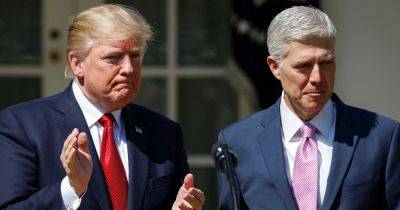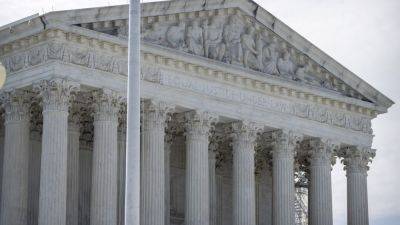Supreme Court just made it harder for federal agencies to regulate in sweeping ruling
The U.S. Supreme court on Friday undid decades of regulatory law, making it far more difficult for federal agencies to issue rules and regulations that carry out broad mandates enacted by Congress. Along ideological lines, the court reversed a 40-year-old precedent that has governed what agencies can and cannot do in interpreting federal statutes.
The decision overturned Chevron v. The Natural Resources Defense Council, a 1984 decision that was not particularly controversial when it was announced 40 years ago. Indeed, the vote was unanimous in declaring that when a statute is ambiguous, courts should defer to reasonable agency interpretations of what it means.
The idea was that when Congress enacts broad regulatory mandates, agencies fill in the gaps, using their expertise to carry out what are reasonably deemed to be Congress’ intent.
Writing for the court's conservatives, Chief Justice John Roberts said Chevron "defies the command of" the law that governs federal administrative agencies, "that the reviewing court--not the agency whose action it reviews--is to decide all relevant questions of law and interpret ... statutory provisions."
He added: "It requires a court to ignore, not follow, the reading the court would have reached had it exercised its independent judgment as required by the" law.
But, in an important caveat, Roberts noted that the decision does "not call into question prior cases that relied on the Chevron framework. The holdings of those cases that specific agency actions are lawful--including the Clean Air Act holding of Chevron itself--are still subject to statutory stare decisis despite our change in interpretive methodology."
In recent years, conservatives, including some current members of the







